What to Do With Your Old Stockpile of Food
As a prepper, you understand the importance of being prepared for unforeseen circumstances with an emergency food supply. One aspect of preparedness often involves stockpiling food to ensure your family’s well-being during emergencies. However, as time passes, some of the items in your food stockpile may reach their expiration dates or simply go unused. Today, I want to talk about the various ways to repurpose and maximize the value of your old stockpile of food, while still staying true to your prepper instincts.
Please remember “one can opener is none, two can openers are one”. I don’t know where I learned that but it has stuck with me for so many years. I always have two manual can openers and one electric unit. Those kitchen utensils are vital when it comes to using the food we’ve stored, so keeping track of them is critical. Regular Size Can Opener and Larger Commercial Size Can Opener and my Electric Can Opener
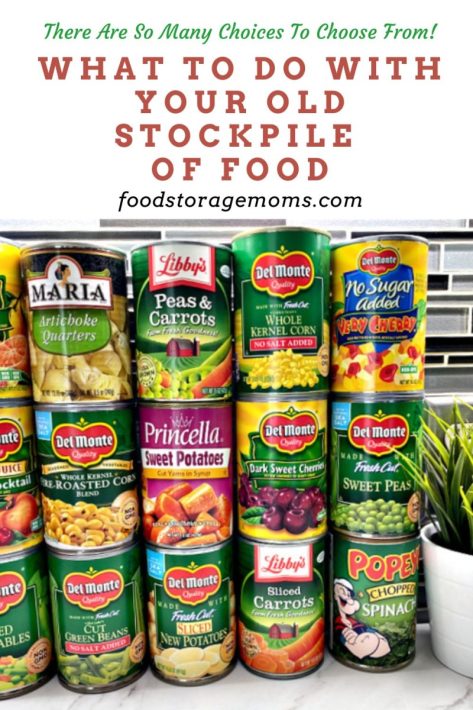
So, how much food do you need?
One of the keys to being an effective prepper is to understand how much food we need to have stored for our particular family situation based on the size of the family and the ages of family members. I’m amazed at how much teenage boys tend to eat compared to my girls as they were growing up.
When it comes to an emergency food stockpile comprised of survival foods, I suggest you try to have at least a three-month supply. That can be a challenge, especially when people are on a fixed budget and if storage space is limited. If a disaster hits we don’t know how long the grocery stores may be closed, so having enough food to tide you over provides a great deal of comfort and confidence you can make it through the tough times.
Besides stored water, having non-perishable food stored makes all the difference! Wheat and dry lentils have a very long shelf life and have a variety of uses, but canned goods store for a fairly long time too, if stored in a cool and dry place like your basement. Having the right environment for your food stockpile is an important part of your overall family emergency plan.
Consider starting with canned goods like vegetable cans of all kinds that your family may like, including carrots, green beans, corn, sweet potatoes, and more. Also buy items that can provide the protein you need, like canned tuna, chicken, turkey, beef, and pork. Buy brands you can trust so you get the needed vitamins and minerals we all need.
1. Evaluate and Rotate
Before considering any other options, take the time to evaluate the condition of your stockpile. Check expiration dates and examine the packaging for signs of damage or spoilage. If any items are still within their expiration date and remain in good condition, consider rotating them into your current pantry. By doing this, you mitigate waste and ensure that your emergency supplies stay fresh. Tips for Understanding How to Rotate Foods
2. Donate Locally
If you find yourself with excess food that is nearing its expiration date, consider donating it to local food banks or shelters. Many people face food insecurity, and your donation can make a significant impact on their lives. Contact nearby organizations to inquire about their specific requirements and drop-off locations. Remember, even a small gesture can go a long way in helping those in need. Why And How We All Need To Store Lots Of Beans
3. Preserve and Store
Certain food items can be preserved and stored for extended periods, allowing you to make the most of your stockpile. Most canned goods, for example, have a fairly long shelf life and can still be consumed even after their expiration date, while also maintaining their nutrition value. Be sure to inspect the cans for any signs of bulging or leakage before consuming. Consider investing in vacuum-sealing equipment to extend the lifespan of dry goods such as rice, beans, and pasta. Preparing for the School Year: Must-Have Items for Preppers
- Pressure Canning 101: The Most Comprehensive Guide
- What is Water Bath Canning?
- Home Canning-Important Do’s and Don’ts
4. Create Meal Plans
When faced with an excess stockpile of food, creating meal plans can help you utilize ingredients efficiently. Look for recipes that incorporate the items you have on hand. Meal planning not only ensures that your food doesn’t go to waste, but also provides an opportunity to experiment with new flavors and dishes. Get creative and find ways to combine different items to create delicious and nutritious meals. Meal plans are also a great way to stretch your grocery budget because you buy what your family likes to eat and you don’t make impulse purchases. 18 Meals In A Can I Recommend
5. Bartering and Trading
Prepper communities often thrive on the spirit of cooperation and mutual support. Consider reaching out to fellow preppers or like-minded individuals who may be interested in bartering or trading food supplies. This way, you can exchange surplus items for goods or services that you may need. Bartering fosters a sense of community and allows everyone involved to benefit from each other’s resources. If you don’t know what else to do with your excessive pantry stockpile, consider bartering or trading. How to Barter with Food and Water
6. Composting
For food items that can’t be consumed or repurposed, composting is an eco-friendly option. Composting not only reduces waste but also creates nutrient-rich soil that can be used for gardening. Set up a composting system in your backyard and add organic matter such as expired fruits, vegetables, and grains to help nourish your plants. This sustainable practice aligns with the self-sufficiency values often embraced by preppers. How to Reduce Waste as a Prepper
7. DIY Emergency Meal Kits
Create ready-to-go emergency meal kits using the non-perishable items from your stockpile. Package individual servings of items like instant oatmeal, powdered soup and stew mixes, and dehydrated fruits or vegetables in resealable bags. Label each bag with cooking instructions and store them in airtight containers. These meal kits can be easily grabbed in case of emergencies or taken on camping trips. These meal kits work great when natural disasters strike. Emergency Food Kits-Which Ones Do You Need
8. Animal Feed Donation
If you have stockpiled food that is safe for consumption but not suitable for human use, consider donating it to local animal rescues or farms. Contact organizations such as shelters, wildlife rehabilitation centers, or even small-scale farmers to see if they could make use of your excess supplies. This way, you support both the welfare of animals and sustainable practices. How to Manage Animal Bites in an Emergency
9. Repackage and Share
If you have large quantities of certain food items that you won’t be able to consume before they expire, consider repackaging them into smaller portions and sharing them with friends, neighbors, or community members who may be in need. By distributing these surplus supplies, you not only help others but also strengthen the sense of community around you as you do your part to reduce the amount of wasted food.
10. Experiment with Food Preservation Techniques
Expand your prepper skills by exploring different food preservation techniques. For example, you can dehydrate fruits and vegetables, make jams or jellies, pickle some vegetables, or even ferment cabbage to create sauerkraut. These preservation methods will extend the shelf life of your food and add variety to your stockpile. Which Methods of Food Storage are Correct?
- How To Dehydrate Cherries-Dehydrator or Oven
- How To Dehydrate Watermelon
- How To Dehydrate Bell Peppers
- How To Dehydrate Blackberries & Make Blackberry Powder
- How To Dehydrate Cilantro
- How To Dehydrate Parsley + Parsley Powder
- Dehydrate Spinach and Make Spinach Powder
- How To Dehydrate Apples
11. Educate Others
As a prepper, you likely have valuable knowledge and experience in food storage and preparedness. Consider sharing your expertise with others through workshops, tutorials, or even writing a blog. Teach people about the importance of food security and offer practical tips for managing their own stockpiles. By empowering others with your knowledge, you contribute to a more resilient and prepared community. Educating others is important because we all should be prepared for any emergency situation. 50 Practical Skills Everyone Needs to Know
What are some food items people like having in their long-term storage?
- White rice
- Spaghetti sauce and pasta sauces
- Peanut butter
- Whole grains
- Freeze-dried foods
- Dry mixes
- Don’t forget to store a can opener with your canned foods!
- Dry beans
- Gallon of water
What is not good for long-term food storage?
Meat products, fresh produce, fresh milk, fresh fruits, fruit juices, instant coffee, flour, and other dairy products aren’t good candidates for your long-term storage stash. Yes, we can freeze some of these items, but realistically 2-3 years in the freezer at most. It’s a personal preference, you must decide what works for your family.
Final Word
As a prepper, proper management of your stockpile is crucial for maintaining your preparedness. By evaluating, donating, preserving, creating meal plans, bartering, and composting, you can make the most of your old stockpile of food. Remember, staying true to your prepper spirit means being resourceful, adaptable, and mindful of the world around you. May God Bless this World, Linda

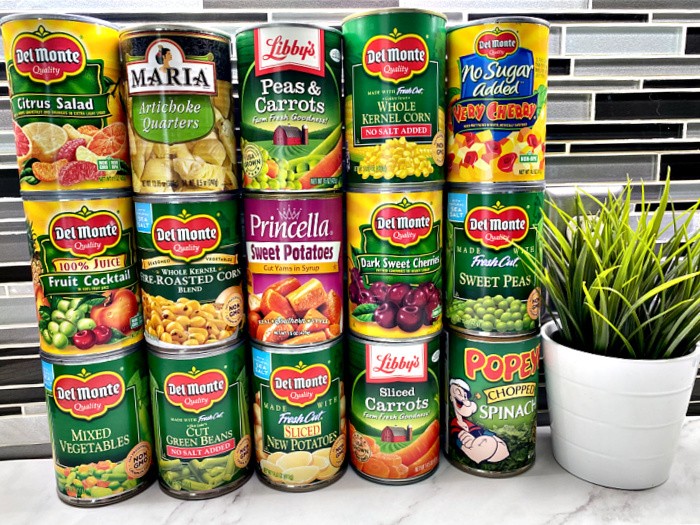

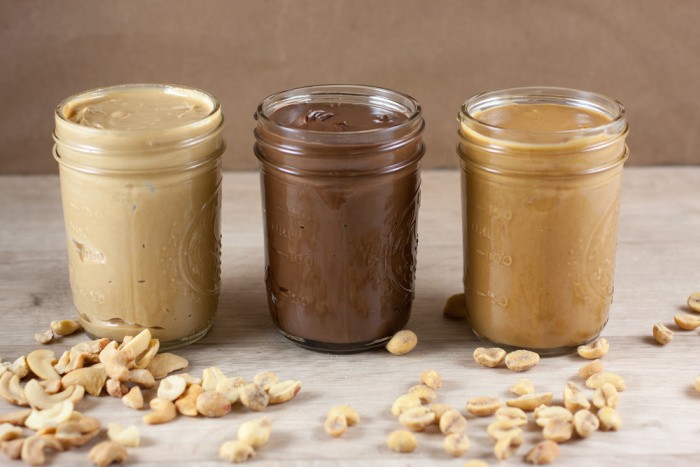
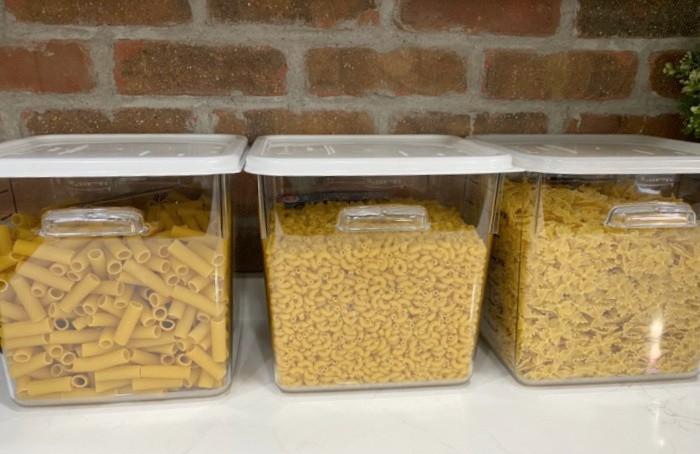
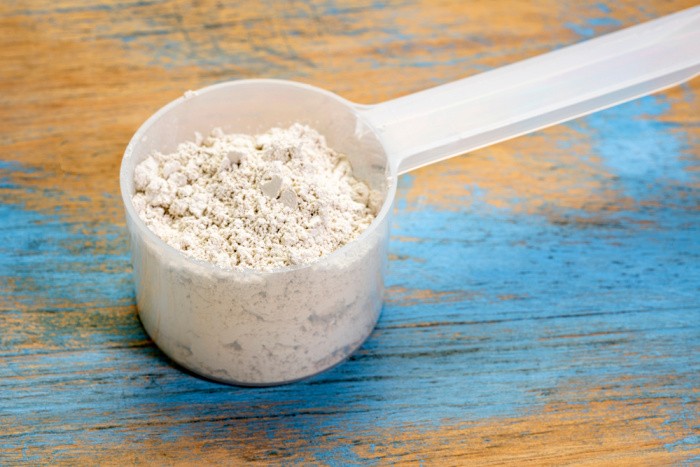
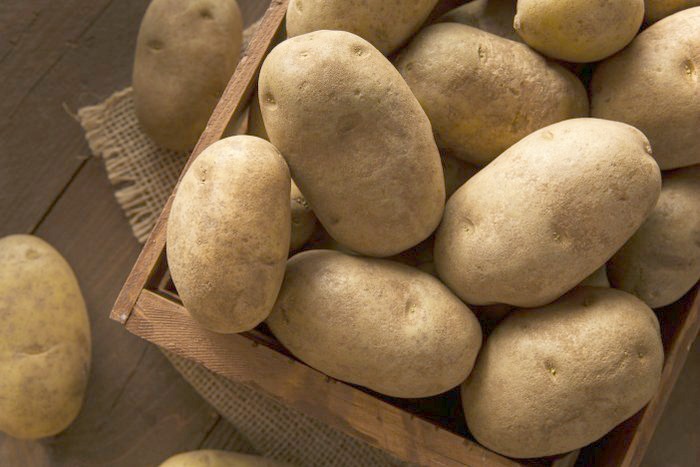
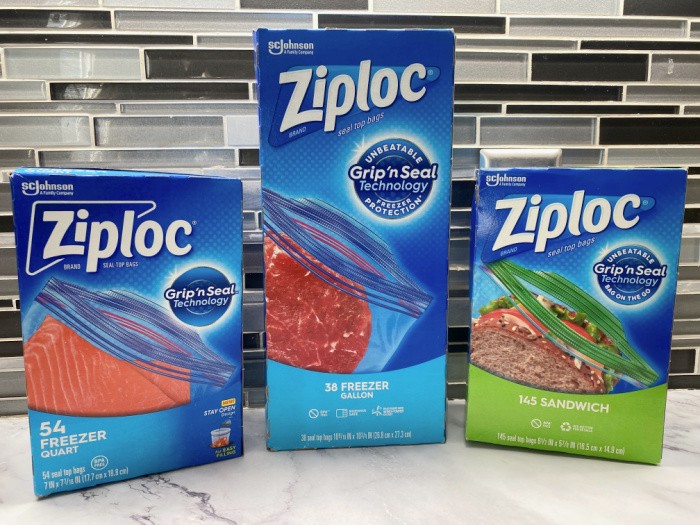














Great ideas. I had a box of powdered milk that was 2 years past the expiration date. I used it to feed my tomato plant. They love the extra calcium!
Hi Steff, that’s a great idea, thanks for sharing that great tip! Linda
You also can make butter out of old milk or old powder milk.
Hey Linda! Great post! Very informative! You are so knowledgeable! Thank you so much for sharing your knowledge.
Hi Deborah, thank you for your kind words, my sweet friend, Linda
I love this! I’m always curious what I should do with my food storage we cannot use anymore. Last hurricane, I knew all of our freezer food would go bad. So, I let a stranger come in and clear out my fridge and freezer.
Hi Jess, that’s a great idea, hopefully he was a nice stranger! LOL! I love this, great idea! Florida gets hit with a lot of storms! Linda
Hogs, dogs n chickens
Hi Matt, oh yeah, great idea! I love this! Linda
Just don’t throw it out because it is past the “Best by” date. Most canned foods are good for several years past any such date as long as the can is intact, the food smells okay and does not have pressure in the can when opened. I have eaten lots of canned food that is considerably past the “Best by” date and have never had any repercussions. Like a can of Spam that kept getting pushed back to the back of our pantry and was 7 years past the “Best by” date. Consumed it without any problems. Tasted just like a brand new can.
I know I sound like a broken record and continually preach about this, but I just hate to see people misguided by the food corporations convincing them to throw away perfectly good food and buy more!
Stepping down from soap box now. LOL!
Hi Harry, well, you know we both have soap boxes, but a Texan would have a nicer one! LOL! I totally agree, but those that are worried, please donate to those in need. I like your broken record, it skips every once in a while, but I still love it! LOL! Linda. (You and I grew up with records, this makes it even funnier)!
It’s okay Harry–just let those folks give away to us–we store food for years, not months.
Common sense isn’t used any longer and it’s not taught.
agreed Jay Jay,
common sense is not common anymore.
Hi Scout, I agree. Linda
We don’t throw food out at our house. I keep a close eye on the pantry and we rotate and rotate. The only thing that might get away from us is fresh produce and it goes into the compost pile if it’s past its prime. I wish I could keep chickens where I live, but can’t. Otherwise they would be getting some goodies!
Hi Linda:
We always rotate our food. I like to buy in bulk. When Smiths has there case lot sales we stock up. When there are store coupons I also go to the link for Kroger and I clip coupons there also so if there are foods that I use and their are coupons from Smiths and Kroger then I can get the coupons from both stores and I can get double what I want of some foods we use all the time. My last grocery haul came to $850 and I just knew my husband was going to go ballistic but with buying things on mark down (Meat) I bought 5 pork roasts for $2.50 each Bacon for $1.00 a pound and a lot of other items that were marked down like the $5 capons I bought. They were the size of a small Turkey. As a disabled Vet and my husband is a disabled vet we really have to be careful with what we spend not only on groceries but on everything we buy
HI Jackie, I shop at Smith’s as well, I like that store. I love their case lot sales. I’ve had to slow down because we only have so much room in our storage unit. Our house is taking much longer than expected. I love hearing when you find really good buys, Yay!!! Linda
Expired powdered milk from a sealed container can be used as a desiccant when saving seeds. Wrap one to two tablespoons of milk powder in a piece of cheesecloth and place it in the container with the seeds. It will absorb excess moisture from the air for about six months.
In order to make rotation in the pantry easier, make Lazy Susans from circles of plywood cut to fit your shelf space. Cover with shelf paper. Amazon sells the bearings.
Hi Mark, wow, thank you for this idea using expired milk. I would love to make some Lazy Susans, love this! Linda